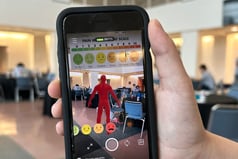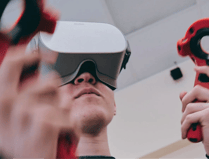Meeting Future Demand: Augmented Reality Skills Training for Community College Learners
A how-to playbook for community colleges launching AR programming to remove barriers for success on the job.

About / Why AR for Community Colleges
Extended reality (XR) technology will shape the future of work through immersive experiences, and community colleges sit at the forefront of democratizing XR training for learners who are systemically underrepresented in technology fields. To maintain their status as economic engines for local communities, community colleges must remain responsive to the changing needs of employers and train learners for the skills of the future workplace. Because XR is likely to be closely linked to high-quality jobs of the future, community college leadership should establish XR opportunities now. Community colleges that do so will serve as hubs for XR education and catalysts for learners’ future career paths.
Augmented reality (AR) is a development option for new skills that presents instructors and learners with a way to ease into XR training. AR use cases exist for a variety of career paths, including graphic design, marketing, web development, UX design, health care, and engineering. However, community colleges will need a significant amount of insight into the technology to stand up programming for the first time.
This playbook serves as an instructional guide for community college leaders, instructors, college partners in the community, and policymakers as they launch AR programming. It outlines recommendations, with a how-to approach for each phase of development, implementation, and program sustainability.
"I think AR is the future; AR integrates into the world you’re already used to. Just through experimenting and tinkering, I’m even more excited about it now. I think, ‘How can I do more?’"
Viviana Jenkins, learner, Red Rocks Community College

Considerations: Self-Assessment
Colleges that succeed with XR training implementation are not all alike, but they do share some key traits. This self-assessment checklist presents community college leaders with a tool for determining their institution’s level of readiness before designing and launching an AR program. The tiered checklist includes considerations for program embedment, relevant credit and noncredit offerings, available support services for learners, staffing (including instructor availability, instructor experience, program champions, and capacity), and more.
Recommended Program Structure
Careful planning of each element will set you up for success by illuminating questions to work through beforehand. This section includes an overview of recommended program features that align with JFF’s findings from pilot implementation across eight of our partner community colleges. The broad overview of structural features presents a snapshot of the average successful pilot and timeline, with recommendations on the utility of initial noncredit embedment, the value of a flipped classroom model, considerations for AR training platforms, and guidance on program staffing, learner wraparound services, and more.
Phases
The playbook divides recommendations for program rollout into three phases: planning, recruitment, and implementation. Planning guidance covers topics such as the roles and responsibilities of program champions and instructors and offers in-depth considerations for initial curriculum development and AR training platforms. Learner recruitment strategies include marketing and outreach recommendations, implementation recommendations, best practices for learner orientation, ongoing curriculum considerations, learner engagement practices, and workforce integration strategies.
Next Steps / Looking to the Future
Program sustainability will be improved if community college leadership can catalyze the knowledge of their first group of program champions, instructors, and learners. The playbook includes insights into building upon AR programming through “train the trainer” models and even eyes the expansion of XR offerings.
KEY PARTNERS


















